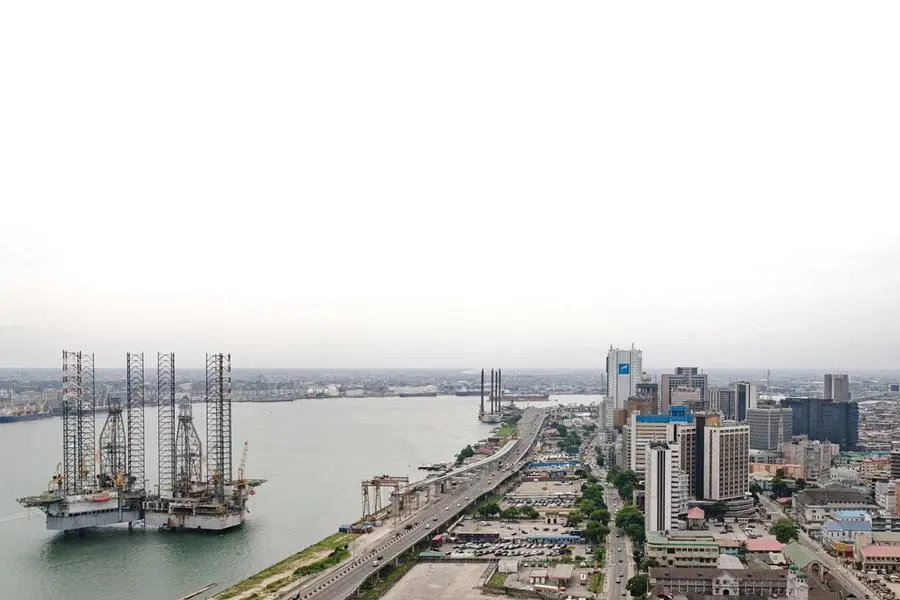PHOTO
The Federal Government has reaffirmed commitment to address the financial liquidity challenges facing the power sector in Nigeria.
Speaking on Wednesday in Houston, the United States the Special Adviser on Energy to President Bola Tinubu, Olu Verheije assured that government was working to close the metering gaps in the country.
She explained that the Federal Government is working on a number of initiatives to decentralise transmission and make sure that it is closer to the markets in which there’s demand for electricity.
Related PostsUniversity don calls for state of emergency in power sectorGeometric: Atiku wants entire power sector open for private investments Adelabu decries underutilisation of FG’s investments in power sector
“So, if you look at this scale of investments that are required, you know, some entities like IEA have estimated about $190bn a year, we don’t have the fiscal space for that.
“So, what are we trying to do to make sure we are able to scale faster? We are making sure that we actually creatively target certain aspects that we think are catalytic to the rest of the entire value chain.
“So, we launched a presidential initiative recently. What are we using that to do? We say we need about $10bn to double our transmission capacity, we don’t have that, but maybe we have a fraction of that and we can actually then make sure we procure metres, convert all of the 6 million customers that we currently into paying customers with digital technology and smart metres and make sure we grow revenue that way.
“If we grow that revenue, then we’re able to make sure that we improve the financial viability of this public utilities and attract capital.
“So, that’s an example of how we’re being extremely strategic about the level of interventions that we have within our limited fiscal space.”
ALSO READ: CBN clears all valid foreign exchange backlogs
Verheije stated further that “once that is done and we have closed the metering gap, you have to address the financial liquidity issues, that tends to be. When you’ve de-risked that entire value chain, we can then have more capital to that grid and then expand access and grow consumption.”
The Special Adviser noted that the International Energy Agency had estimated an investment gap of $190bn, the government may not be able to raise such funding considering the tight fiscal environment currently.
She reaffirmed that lots of initiatives are being implemented to unlock the potentials of the sector.
Copyright © 2022 Nigerian Tribune Provided by SyndiGate Media Inc. (Syndigate.info).





















